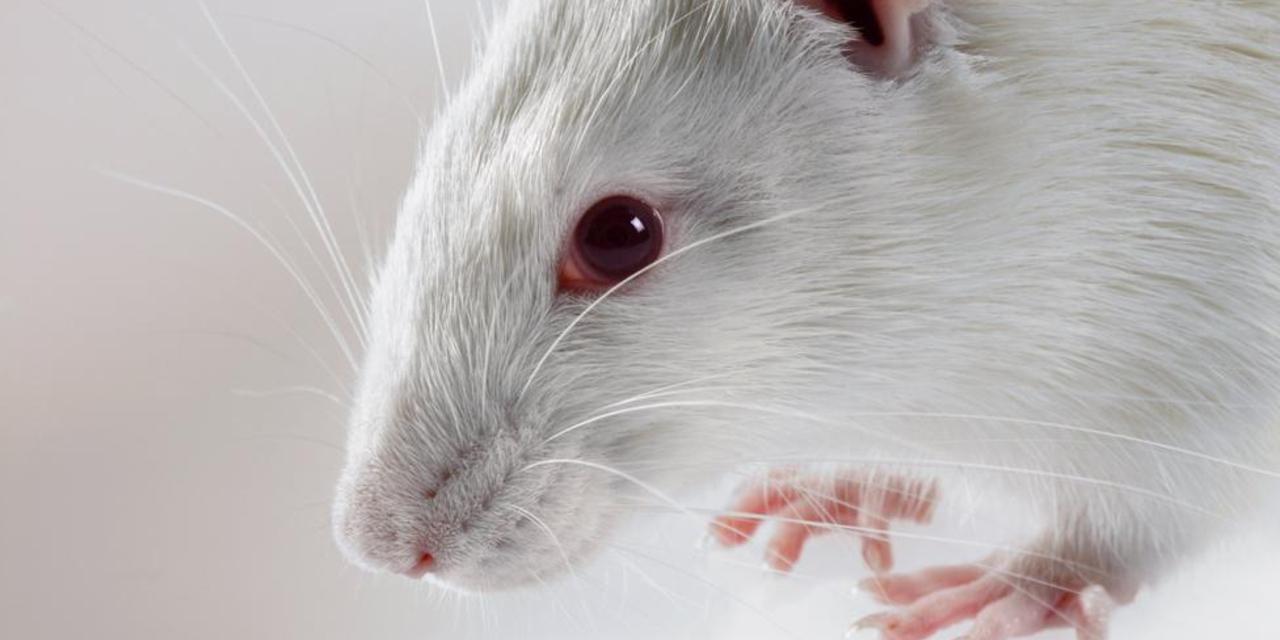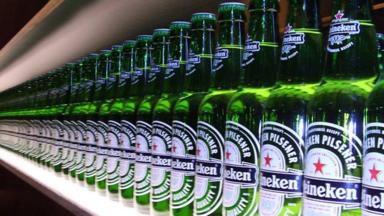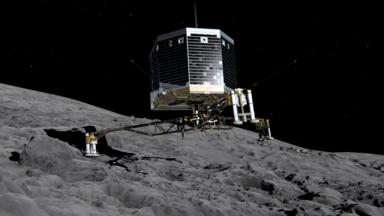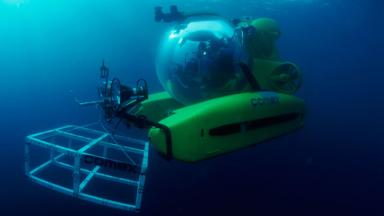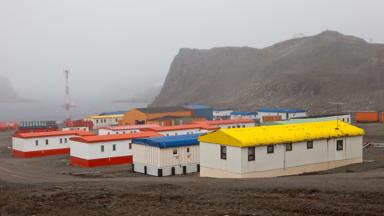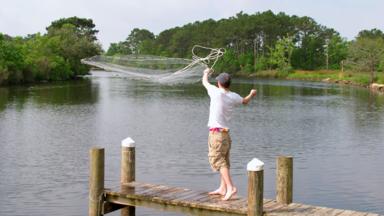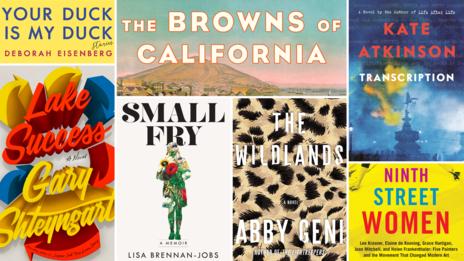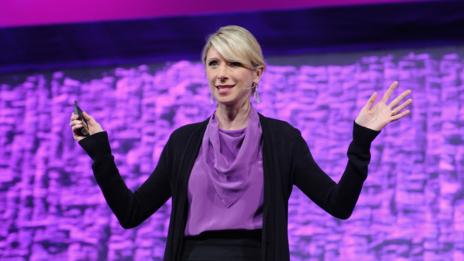The best reads from around the web, including how internet giants are conducting online experiments, how Kitty Litter came to be and what we can learn from losers.
Pregnancy
The babies in the freezer
Nabeelah Jaffer | Pacific Standard | 8 December 2014
Can you carry a baby without knowing it? It’s complicated. Mothers who kill their newborn babies “usually claim to have been in denial about their pregnancies”. In cases of pregnancy denial “the enlarged stomach is often absent”. A “surprising number of pregnant women” – about 1 in 2,500 ‒ deny the pregnancy even to the point of birth. They “turn up at the hospital with labour pains that they describe as stomach cramp”.
Facebook
Facebook’s plan to wire the world
Lev Grossman | Time | 8 December 2014
Mark Zuckerberg wants to get the whole world signed up on Facebook; which implies extending internet access to more than four billion people who currently live offline, at a cost “in the low tens of billions” of dollars. The numbers are big, but Zuckerberg is “comfortable” with them. He “starts from the position that all problems are solvable, and moreover solvable by him. If he does nothing else, Zuckerberg scales.”
Mathematics
Grothendieck was a Picasso from Jupiter
Jonathan Kujawa | 3 Quarks Daily | 8 December 2014
A profile of Alexander Grothendieck, who “rebuilt vast amounts of mathematics from the ground up … You’ll have it about right if you imagine him as a visiting scholar from an alien civilisation whose mathematics is to ours as ours is to one of those Amazonian tribes who can only count to three.” He saw problems as things to be understood, rather than solved: “If you truly and deeply understood, then the solution came without effort”.
Sociology
Lab rats: Social experiments
Clare Dwyer Hogg | The Long+Short | 9 December 2014
On the ethics of conducting experiments online to manipulate user sentiment and behaviour, as Facebook notoriously did two years ago. Such experiments are not fundamentally different to the A/B testing which advertisers and political campaigners have carried out for decades; but their sheer scale puts them in a more worrying category; they tell us how easily whole societies can be manipulated.
Pets
The birth of Kitty Litter
Paul Ford | Business Week | 4 December 2014
Back in 1947 Ed Lowe was selling fuller’s earth to Michigan farmers as bedding for chickens. The farmers didn’t much go for it. Then one customer tried it in a cat box, and found it absorbed the pee smell. Her cat-owning friends came flocking. Eureka! The pet-care industry was born. Soon Lowe was shipping bagged dirt to supermarkets across America. His motto: “We aim to stay No. 1 in a No. 2 business.”
Chemistry
My great-great-aunt discovered Francium
Veronique Greenwood | New York Times | 3 December 2014
And it killed her. Marguerite Perey worked in Marie Curie’s Radium Institute in Paris, and as BBC Future writer Veronique Greenwood describes, she discovered a new element which she called Francium. But the element was useless, and exposure to it gave her bone cancer. She sacrificed her life to fill “a hole in the periodic table”. Which was what Marie Curie demanded. At the Radium Institute, “dedication to science was demonstrated by a willingness to poison yourself”.
Risk
Learn from the losers
Tim Harford | Undercover Economist | 2 December 2014
Explaining selection bias. We draw conclusions about the world based on the evidence we have; but the evidence may not be representative. Nobody travels on an empty bus, lots of people travel on a full bus, so passengers tend to think that buses are fuller than they are. If we only hear about successful projects on Kickstarter, we get an overly-optimistic impression of Kickstarter. Moral: Always zoom out.
For more articles worth reading, visit The Browser. If you would like to comment on this, or anything else you have seen on Future, head over to our Facebook or Google+ page, or message us on Twitter.
